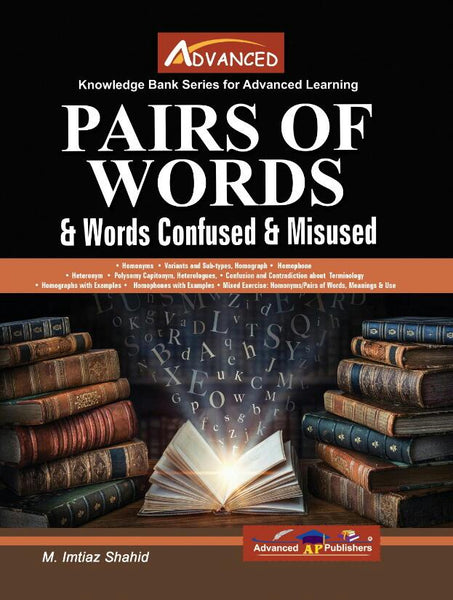No Exit by Jean-Paul Sartre – Kitab Mahal
- Publisher: Kitab Mahal (Pvt) Ltd , KM
- Availability: In Stock
- SKU: 55979
- Number of Pages: 154
Rs.300.00
Tags: " bad faith , "Hell is other people , 20th-century French drama , absurdity of life , BS , Critical Studies , English , English fiction , eternal punishment , existential crisis , French literature , guilt , Hell , human relationships , identity , Jean-Paul Sartre , Kitab Mahal , Kitab Mahal (Pvt) Ltd , KM , modern theater , moral choices , moral responsibility , No Exit , personal suffering , philosophical drama , psychological torture , responsibility , Sartre plays , Sartre's legacy. , Sartre's philosophy , self-deception , Text , Urdu Tarjama , With Urdu Translation
No Exit by Jean-Paul Sartre, published by Kitab Mahal, is a seminal existentialist play that delves into themes of self-identity, freedom, and the human condition. Set in a small, windowless room, the play features three characters—Garcin, Inès, and Estelle—who find themselves condemned to eternal damnation together. As they interact, they reveal their pasts and the choices that led them to this hellish existence. Sartre's exploration of existential philosophy is highlighted through the famous line "Hell is other people," illustrating how the characters' perceptions of one another lead to torment and self-deception. The play serves as a powerful commentary on the nature of relationships, responsibility, and the struggle for authenticity in a world devoid of absolute meaning.
Key Points
-
Existentialism
The play embodies existentialist themes, emphasizing the idea that individuals are responsible for creating their own meaning in a world that is inherently meaningless. -
Setting and Symbolism
The confined setting of the room symbolizes the inescapability of one’s choices and the suffocating nature of interpersonal relationships, serving as a metaphor for existential confinement. -
Character Dynamics
The interactions between Garcin, Inès, and Estelle reveal the complexities of human relationships, showcasing how individuals often use others to define their own identities and self-worth. -
Psychological Torture
Sartre illustrates the concept of psychological torment, as the characters confront their flaws and sins through the judgment of one another, leading to intense emotional suffering. -
Themes of Guilt and Responsibility
Each character grapples with their guilt and the consequences of their actions, highlighting Sartre’s belief in personal responsibility and the weight of one's choices.

























